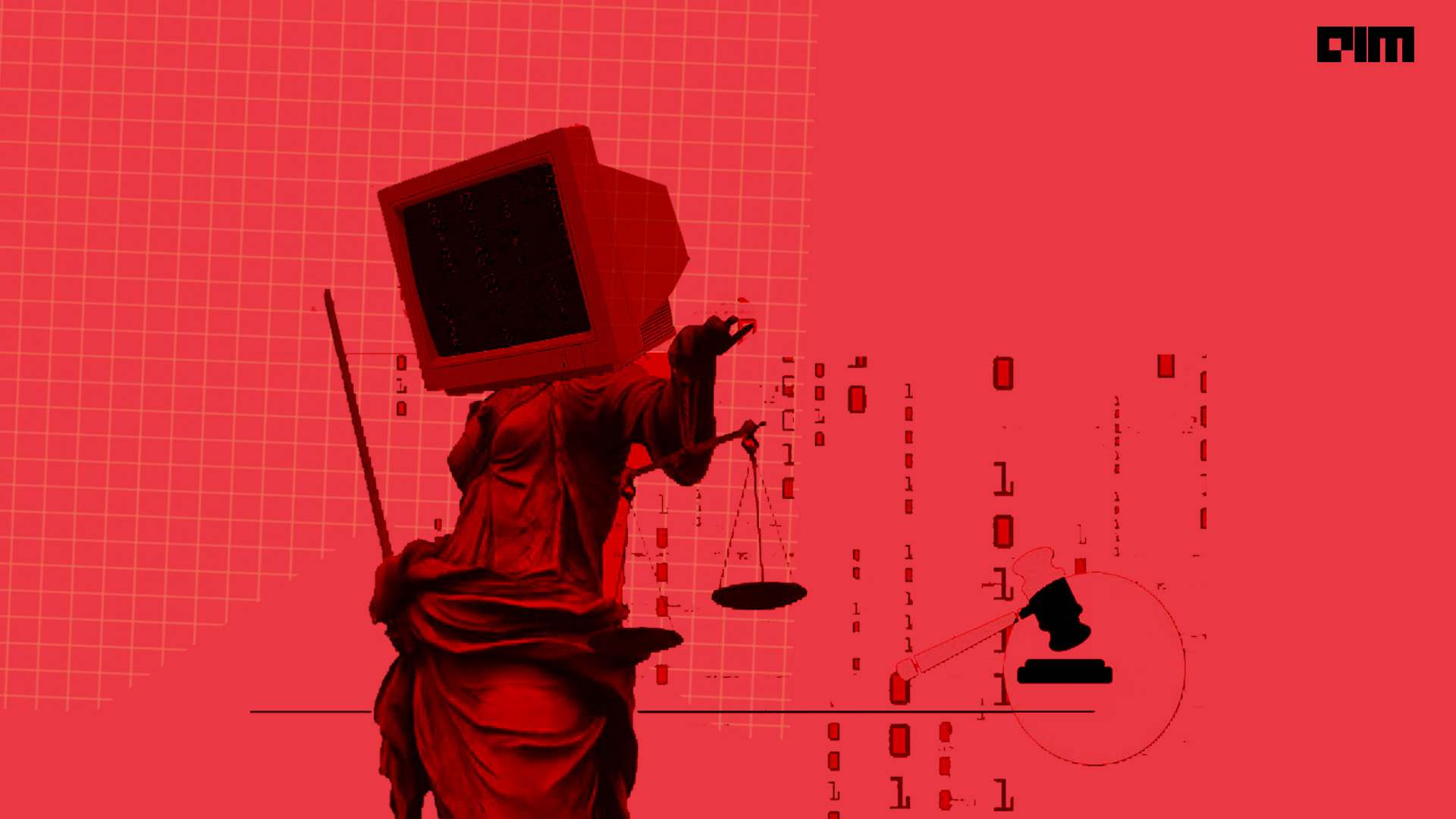Despite the controversies surrounding the use of facial recognition tech, its usage has grown around the world. A report published by Carnegie Endowment said that at least 56 countries presently use facial recognition technology. In March this year, more than 40 civil organisations demanded EU lawmakers ban AI-based predictive policing and facial profiling. The European Commission has proposed an Artificial Intelligence Act (AIA) to try and regulate the ways in which AI is used.
Growing market in India
Even so, Indian law enforcement has increased its reliance on the use of facial recognition technology. New Delhi with 5,51,500 surveillance cameras, Hyderabad with 3,75,000 cameras, Chennai with 2,80,000 cameras and Indore with 2,00,600 cameras were among the cities with the most number of cameras in the country. In fact, a report released by Comparitech in August of last year showed that New Delhi topped the list in terms of surveillance cameras per square mile with 1,826 cameras. Chennai stood third in the same list with around 610 cameras, and Mumbai was placed 18th with 157 cameras approximately.
Last year in November, Kolkata police announced that it was planning to install 2,500 CCTV cameras, which will use AI to spot bikers without helmets and for illegal parking.
A study conducted by TechSci has stated that India’s facial recognition market will multiply by six times its current size to USD 4.3 billion by 2024. This will place India in close competition with China’s state surveillance system.
Telangana, according to Amnesty International, has become “the most surveilled state in the world” with 600,000 cameras, most of which are in Hyderabad. Last year during the lockdown, activist SQ Masood was asked to stop and take his mask off by the police. The cops then proceeded to take his picture while giving no reason for their actions. Masood issued a legal notice to the police chief demanding to know how his photographs would be used but received no response. Post this, Masood decided to file a lawsuit against Telangana’s indiscriminate use of surveillance cameras.
The lawsuit has in no way deterred the city’s surveillance infrastructure. Telangana is building an Integrated Police Command Centre in Banjara Hills in Hyderabad, costing Rs 800 crores. The centre will be made for law enforcement to view surveillance footage from across the city in real-time.
Disproportionate datasets
Besides, the biases within facial recognition is an area that has been discussed often in AI. A report published by VIDHI Centre for Legal Policy underlined how the maximum police stations in New Delhi were in localities that comprised of a Muslim-majority. This indicated that the maximum data collection was disproportionately tilted towards minorities and socio-economically weaker sections of the population.
Besides fears of biases, there is little data to prove that surveillance has adversely affected instances of crime. The rise of surveillance cameras has not shown a direct correlation with the crime index across the world. A study conducted by the California Research Bureau stated that despite the rise in CCTV cameras, there is little proof to show that they have contributed to a fall in the crime rate. Another research done by Arizona State University said that there was no effect on criminal activity in the city due to surveillance cameras being installed.
Use cases
There are instances of multiple states’ law enforcement using AI and analytics to transform policing in the country using ways other than facial recognition. At the beginning of this month, Kerala police announced that they will receive training in AI and analytics so that these tools could be used to reduce police workloads. IIT-Kanpur’s Artificial Intelligence and Entrepreneurship program said it was developing an AI-powered search engine that would help police departments with crime mapping and predictive policing.
Surveillance cameras aren’t solely useful for profiling and policing. Electronic toll collection services on the highways also use a type of surveillance camera called Licence Plate Recognition cameras for quick scanning of registration numbers.











































































